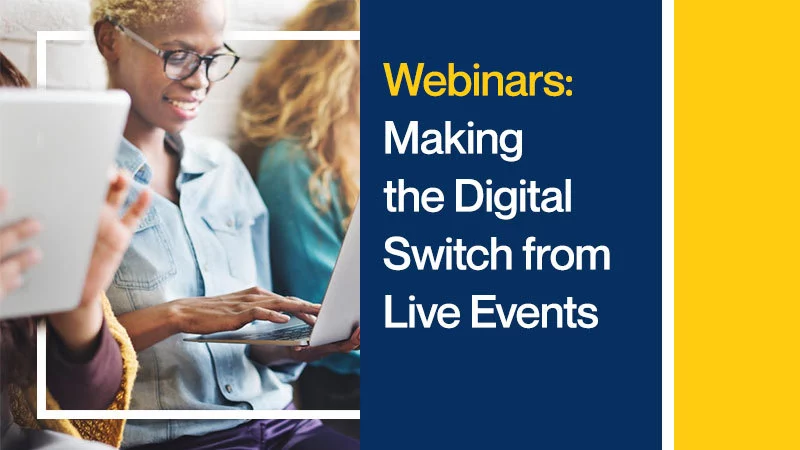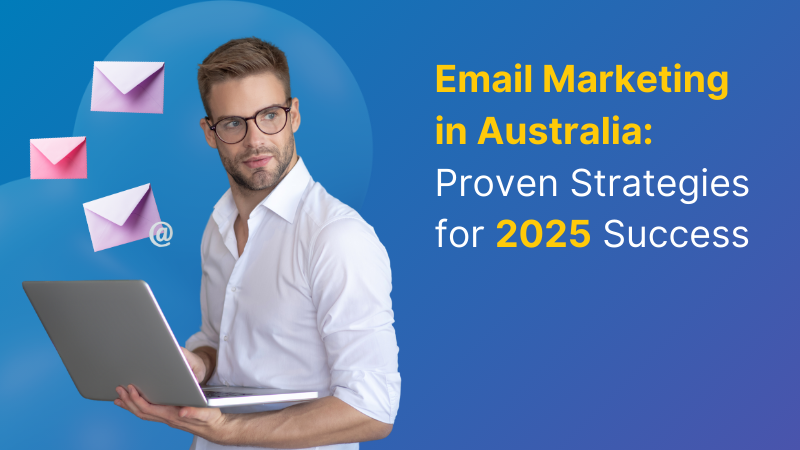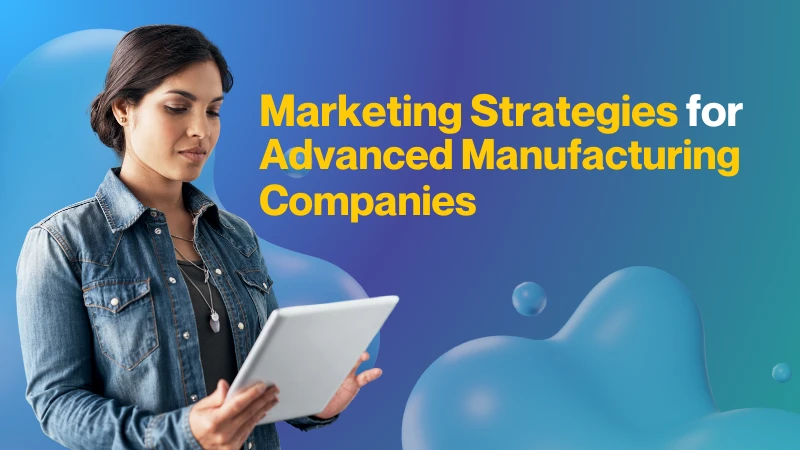Last-minute cancellations are not uncommon in the business world. It’s always difficult to cancel an event or conference that you’ve prepared and put together for months or even a year. Whatever reason you have for putting it off, be rest assured that you’re not the only one who experiences going through the motions of scrambling for solutions.
The solution to this is quite simple, it’s all a matter of having the right means and tools to pull it off. With many live events being cancelled nowadays such as Google’s Cloud Next 2020 event, the company has decided to convert it virtually in the form of a webinar instead.
While live events are a great avenue to meet other markets and businesses, a webinar provides you the comfort and efficiency of attending the event from the comfort of your homes or offices.
With the right approach, you can transfer your live event over to webinars and still generate great results.
Here are some tips on how…
Virtual Event Planning and Production
If you haven’t done virtual events before, then this is where you have to start.
In event marketing, it’s important to put yourself in the shoes of your customers, understanding how they feel and what they could be looking forward to when it comes to your event. It’s about anticipating what’s to come.
When you move to a webinar, making it an online experience, entails that you have to adjust and/or add even more value to your presentation versus if it was done live. In order to do that, you have to take full advantage of your technology in order to entice your audience. Once you’ve captured your audience’s attention, it’s time to deliver an experience that makes them excited to be a part of.
Some good examples of media to incorporate into your webinar presentation include:
Pre-recorded videos
Whether you flash them in between sessions or insert links to your videos here and there for your audience to have direct access to them.
Animation educational content
If you have the resources or even your own team to produce 2D and 3D content in order to ease the production costs that would go into a traditional video. Animated content are simultaneously entertaining and effective demo tools for any presentation.
Add Virtual Panels and Forums
After your session is over, allot enough time for your audience to engage with you through a Q&A segment or just letting them chime in with their own inputs and reflections which can lead to productive discussions.
Best Practices for Webinars
As mentioned before, your leads come to attend events to get a first-hand look into the latest innovations and of course to network with different leaders and influencers in the industry.
The challenge lies in being able to replicate this experience online and that, of course, isn’t easy, but also not impossible. Many brands have been able to pull it off and were able to attract big audiences, generated a big following, interest, and increased their brand visibility.
There is a lot that goes into it such as thinking of the accessibility to remote attendance monitoring. It’s important to visualize and foresee each step beforehand.
- First, you need to develop webinars and online event marketing strategies that align and resonate with your company goals. Have a meeting with your organizers and lay down all the blueprints.
- Choose the right tech tools to pull off your webinar. This is also why you need to plan in advance, since it’s quite a challenge to find the right one that will work well for what you want to do.
- Together with your team, brainstorm and put together compelling topics to address and stories for your video presentations and other activities you want to insert into your webinar. It’s crucial to keep your audience tuned in and engaged and not click out of the window mid-presentation.
Conclusion
Dates and circumstances can be quite unpredictable., which is why you have to be ready at all times. Don’t wait for your event to get cancelled before you develop a Plan B. Whether your live event is pushing through or not, it’s best to develop its online counterpart beforehand – now!
We hope that this article was able to help give you some useful insight and tips on how to transfer your event over to a webinar form when things may go south.
Callbox has years worth of experience with hosting and promoting webinars. Should you have any questions, we are always glad to help!













